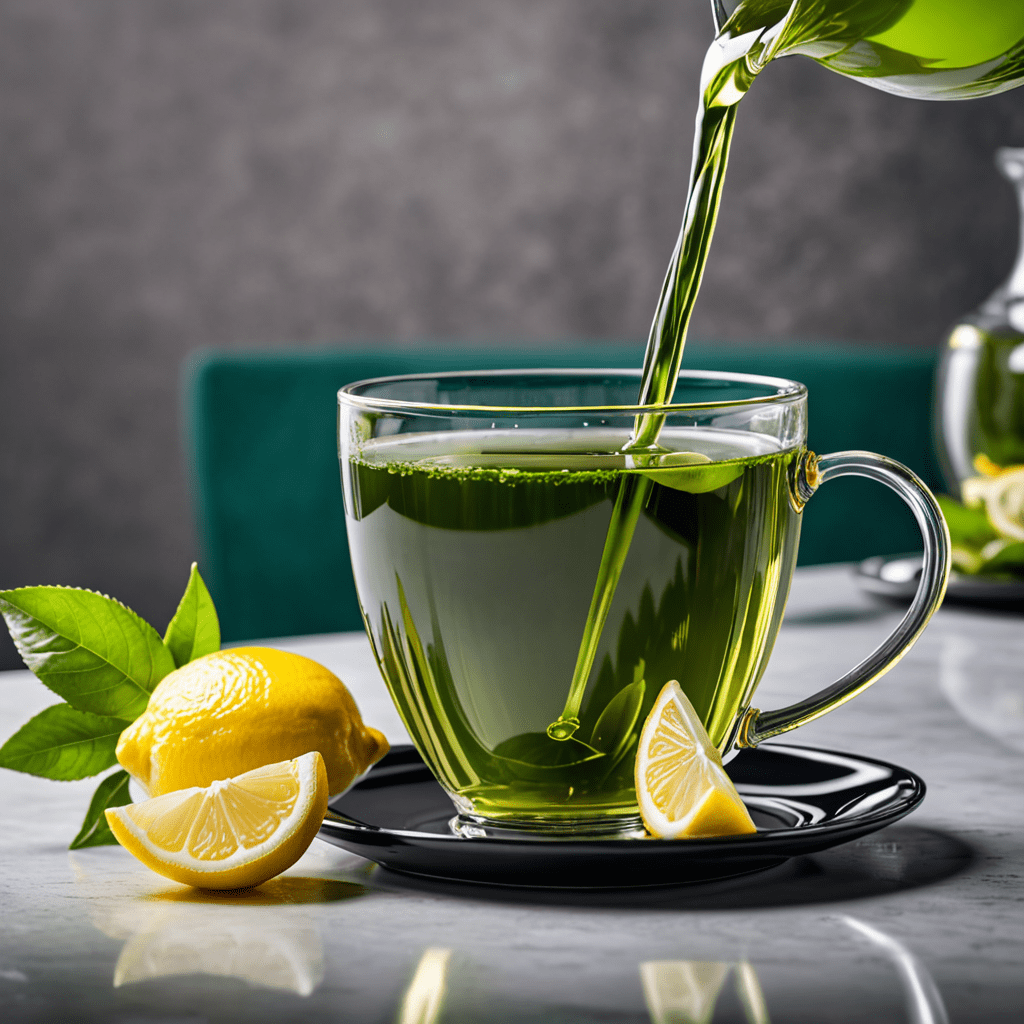
1. Introduction: Understanding Matcha and Its Health Benefits
Matcha, a finely ground green tea powder, has gained prominence for its exceptional health benefits derived from its rich composition of antioxidants and nutrients.
Originating in ancient China, matcha holds a profound cultural significance in Japan, where it is ceremonially whisked and enjoyed for its unique flavor and health-promoting properties.
2. Historical and Cultural Significance of Matcha
Matcha's origins can be traced back to the Tang dynasty in China, where it was revered as a medicinal elixir. During the 12th century, Zen Buddhist monks introduced matcha to Japan, where it quickly gained popularity among the samurai class for its energizing and focus-enhancing effects.
In the 16th century, matcha became an integral part of the Japanese tea ceremony, known as chanoyu. This ritualized form of tea preparation emphasizes mindfulness, tranquility, and the appreciation of the present moment.
3. Composition and Nutritional Value of Matcha
Matcha is distinguished by its unique composition due to the manner in which it is cultivated and processed. The tea plants are shaded for several weeks prior to harvest, which increases their chlorophyll content and amino acid profile.
The entire tea leaf is then stone-ground into a fine powder, resulting in a concentrated source of antioxidants, including catechins, particularly epigallocatechin gallate (EGCG). Matcha is also rich in fiber, vitamins, and minerals, making it a nutritional powerhouse.
4. Matcha's Role in Liver Function
The liver plays a crucial role in detoxifying the body, metabolizing nutrients, and synthesizing proteins. Matcha, with its array of antioxidants and nutrients, supports liver health and function.
5. Detoxifying Properties of Matcha
Matcha's detoxifying properties are primarily attributed to its high concentration of catechins, especially EGCG. These compounds have been shown to protect liver cells from damage caused by toxins and free radicals.
6. Mechanisms of Matcha's Liver-Cleansing Effects
Matcha exerts its liver-cleansing effects through various mechanisms:
Antioxidant Protection: Matcha's catechins, particularly EGCG, neutralize free radicals, preventing oxidative stress and protecting liver cells from damage.
Detoxification Enzyme Induction: Matcha stimulates the production of detoxification enzymes in the liver, enhancing the body's ability to remove toxins and harmful substances.
Anti-Inflammatory Effects: Matcha's anti-inflammatory properties help reduce inflammation in the liver, promoting optimal function and reducing the risk of chronic liver diseases.
7. Clinical Evidence Supporting Matcha's Detoxifying Benefits
Numerous studies have demonstrated the detoxifying effects of matcha:
A study published in the journal "Food and Chemical Toxicology" found that EGCG in matcha protected liver cells from damage induced by acetaminophen, a common pain reliever.
Another study in the "Journal of Agricultural and Food Chemistry" showed that matcha consumption improved liver function in patients with non-alcoholic fatty liver disease.
8. Preparations and Consumption Recommendations
Matcha can be prepared as a traditional tea or incorporated into various culinary creations:
Traditional Tea: Whisk 1-2 teaspoons of matcha powder with hot water (175-185°F) in a tea bowl or shaker.
Culinary Uses: Matcha can be added to smoothies, lattes, baked goods, and other culinary delights for a boost of flavor and nutrients.
9. Precautions and Potential Side Effects
While matcha is generally safe for consumption, some precautions should be considered:
Caffeine Content: Matcha contains caffeine, so individuals sensitive to caffeine may experience side effects such as anxiety, insomnia, or headaches.
Heavy Metal Contamination: If matcha is sourced from regions with poor environmental standards, it may contain traces of heavy metals. Choose organic, reputable brands to minimize this risk.
10. Conclusion: The Power of Matcha for a Healthy Liver
Matcha, with its rich composition of antioxidants and nutrients, serves as a powerful ally for liver health. Its liver-cleansing properties, supported by clinical evidence, make it a valuable addition to a healthy lifestyle. By incorporating matcha into your routine, you can support liver function, detoxify your body, and experience the numerous health benefits this remarkable green tea has to offer.
FAQs:
Q: How much matcha should I consume daily?
A: Moderate consumption of 1-2 cups of matcha per day is generally recommended.
Q: Can I drink matcha if I'm pregnant or breastfeeding?
A: Consult with a healthcare professional before consuming matcha during pregnancy or breastfeeding.
Q: Is matcha suitable for individuals with liver conditions?
A: While matcha may support liver health, it's important to consult a healthcare professional before incorporating it into your diet if you have existing liver conditions.


